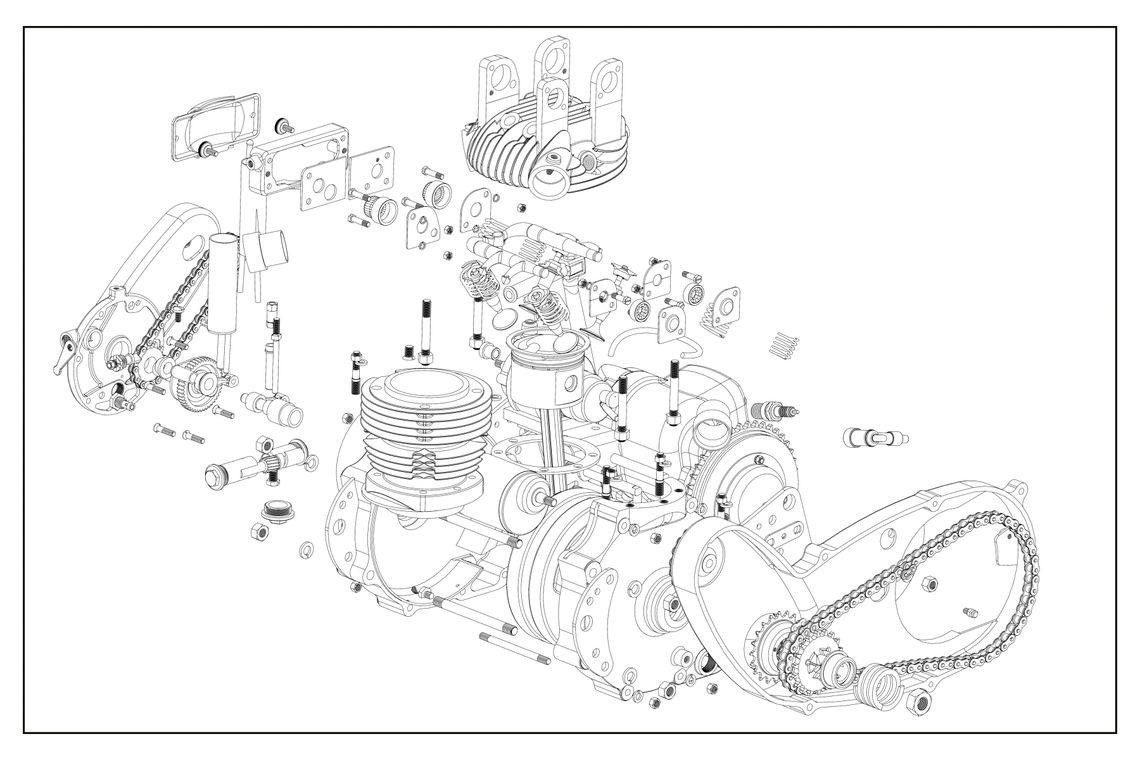
An Exploded-View Campaign
The journey began out of frustration. I (Jordan) had read dozens of roleplaying game book, and had played in several long-term campaigns, and run several others. Inevitably, the best experiences were either completely homebrewed, or started as a published campaign and quickly derailed.
But it also came from conversations with dozens of newer gamemasters, primarily playing Dungeons & Dragons, who tended to massively overprepare, but simultaneously find themselves unable to react or respond to player feedback and improvisation. The structure of many campaign sourcebooks exacerbated this challenge.
Indie roleplaying games that encouraged player-driven, improvisational stories seemed like appropriate counter-weights, but far too many restricted their support for such play to general heuristics or game-specific structures. As someone who learns best by example and by doing, the lack of concrete specifics meant that these tools were least useful for those most needing them.
My home game for the past three and a half years has been using Invisible Sun, a game with a surrealist fantasy game inspired by hermetic magic and using a loose adaptation of the Cypher system. A notable feature of the game was it's experience system: players could improve their character both by succeeding and failing, and each player character would have one or more distinct character arcs specific to them. Experience was awarded relative to what their character cared about.
Additionally, the game prominantly features the use of a divinatory deck, with evocative images as well as mechanical effects. This had the benefit of making gameplay less rote, as the specific powers of the player characters might be more or less likely to succeed depending on whether the tides of magic were favorable.
The culmination of this has been a campaign in which the course of the campaign and its contents have been deeply informed by the players and their characters. There was never a set of milemarkers that the characters needed to check off, no inevitable "big bad evil guy", and not only surprising outcomes from dice rolls but revelations from the sooth deck that completely transformed characters and relationships.
We are working on providing a post-mortem of this campaign, both as a narrative and as a concrete example of how gamemasters, in any game, can take player input and improvisation (as well as meta-contextual issues such as player absences) into consideration and craft a powerful, interesting, long-term roleplaying game campaign.
The game, and the books, have a natural three-act structure. Act 1 is complete and currently in proof-reading/layout, and Act 2 is currently in editing. We hope to launch a crowdfunding campaign early next year.
More announcements forthcoming.

